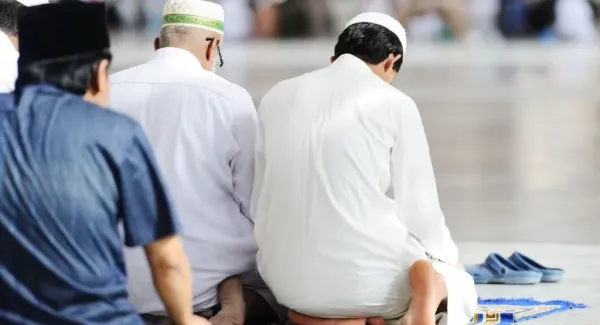
New Delhi – in India Muslim Circumcism That is, the debate about circumcision has once again intensified. This subject was not limited to religious tradition only, but now it has become the center of scientific, social and legal discourse. Circulation, called ‘Khitan’ in Arabic, is considered a religious duty in Islam from birth to early years of childhood. But from the point of view of modern medical science and child rights, this subject is far more complex.
Circumcision is a surgical process, in which the foreskin of the men’s genitalia is cut. This process in Islam religion Muslim Circumcism As recognized and has been considered essential for purity, religious rearing and health.
Circumcision in Islam is considered as ‘Sunnah’, that is, the tradition that was adopted by Prophet Mohammed and asked the followers to follow it. Although in the Quran Muslim Circumcism It is not directly mentioned, but it is widely mentioned in Hadith and Islamic Fikah (Shastra).
The Maulanas of both Deoband and Barelvi ideologies believe that circumcision is the identity of Islam and ‘Deen’ is incomplete without it. According to him, this is a religious responsibility, which is fulfilled in childhood.
In India Muslim Circumcism There is no special law regarding. It is considered valid under religious freedom. But institutions of child rights and some human rights activists are questioning this. He believes that physical changes should be illegal without a child’s consent.
A few years ago a petition was filed in the Supreme Court regarding the circumcision of the girls of the Bohra community. The court at that time sought an answer from the Central Government on whether such traditions are violating the fundamental rights of children.
In many Muslim families of India Muslim Circumcism Not only under religious rules but also as a social identity. Parents are afraid that if they do not conduct this process, then their religious identity may be questioned in the society.
In recent years, some conscious Muslim families have been reconsidered about this process. They want to leave it on their decision after children grow up, but it is still difficult to get this thinking acceptance in the society.
Muslim Circumcism Not only in India, but in Muslim countries around the world. This is a common practice in countries like Egypt, Saudi Arabia, Indonesia, Pakistan and Bangladesh. There has been a continuous debate in America and Europe. In some countries it has been limited with the permission of parents.
Muslim Circumcism Today has become a sensitive issue. This is a complex confluence between religion, medicine and law. While on the one hand it is a subject to the religious identity of the Muslim community, on the other hand children’s rights, freedom and modern medical morality stand against it.
Society now needs to understand that along with religious freedom, personal freedom and health rights are equally important. In the coming years, more intensive consultations on this subject and legal guidelines may be required.